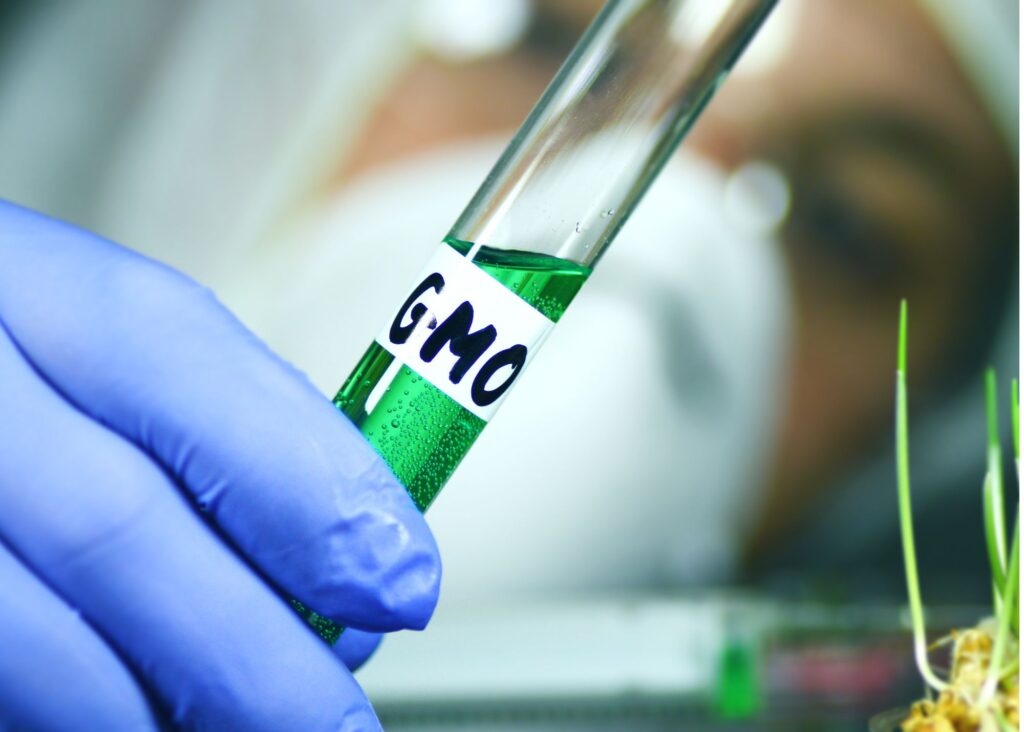In a strategic move to bolster its agricultural sector, China has unveiled a comprehensive plan for 2024-2028, emphasizing advancements in biotechnology. This initiative focuses on developing precision gene-editing tools and cultivating new crop varieties, including wheat, corn, soybeans, and rapeseed. The overarching goal is to enhance food security by achieving self-sufficiency in seed sources and reducing reliance on imports. These measures mark a significant shift in China’s approach to agriculture, prioritizing innovation and sustainability in response to growing global food demands and potential trade challenges.
Table of Contents
ToggleObjectives of the Initiative
Achieving Seed Independence
A key aspect of China’s agricultural biotechnology strategy is the development of “independent and controllable” seed sources. The country seeks to reduce dependence on foreign seed imports, particularly from the United States and other global agricultural powerhouses. By focusing on domestic innovation in seed genetics, China aims to secure a stable and self-reliant food production system that is less susceptible to geopolitical uncertainties and trade restrictions.
Enhancing Crop Yields and Resilience
The plan emphasizes breeding high-yield, multi-resistant varieties of staple crops to ensure robust food security. China is investing heavily in research that enhances drought resistance, pest resilience, and overall crop efficiency. These improvements are intended to optimize agricultural productivity while reducing the environmental impact of chemical pesticides and fertilizers. By leveraging advanced genetic modification techniques, China hopes to create a more sustainable and competitive agricultural ecosystem.
Technological Focus
Development of Gene-Editing Tools
A significant aspect of the initiative is the research and development of precision gene-editing tools with independent intellectual property rights. This includes the use of CRISPR and other genome-editing technologies to improve crop resistance to diseases and adverse climate conditions. By investing in biotechnology at an unprecedented scale, China is positioning itself as a global leader in agricultural innovation. These gene-editing tools are expected to enhance crop efficiency, reduce input costs for farmers, and promote food security in a rapidly changing climate.
Integration of Digital Technologies
Beyond genetic advancements, China’s strategy also incorporates digital technologies, including artificial intelligence (AI) and big data analytics. These technologies are being used to optimize planting strategies, monitor soil health, and improve precision farming techniques. By integrating biotechnology with digital agriculture, China aims to increase efficiency and reduce waste, ultimately boosting the sustainability of its agricultural sector.

Strategic Crop and Livestock Targets
Key Crops
China’s plan emphasizes the development of high-yield, multi-resistant varieties of staple crops such as wheat, corn, soybeans, and rapeseed. These efforts aim to enhance domestic production and reduce reliance on imports, thereby strengthening national food security. The country is particularly focused on optimizing seed genetics to improve productivity in challenging environmental conditions, such as drought and soil degradation.
Livestock Improvements
The initiative extends to animal husbandry, focusing on breeding high-performance livestock. This includes pigs with strong reproductive capacities and high feed conversion rates, as well as disease-resistant broiler chickens. These genetic advancements in livestock are expected to improve efficiency and sustainability in China’s meat production industry. By implementing precision breeding techniques, China hopes to enhance the quality and yield of its livestock sector while minimizing the environmental footprint of animal agriculture.
Implications for Global Agriculture
Impact on Global Seed and Biotech Markets
China’s advancements in gene-editing technologies and crop development are poised to influence global seed markets and the biotechnology sector. By achieving self-reliance in seed production, China may alter international trade dynamics, affecting seed exporters and prompting other nations to invest in similar technologies to remain competitive. As China’s seed industry becomes more robust, global biotech firms may face new challenges in maintaining market share within the country’s rapidly evolving agricultural landscape.
Trade Relations and Food Security
As China reduces its dependence on imported agricultural products, particularly from countries like the United States, there could be significant shifts in global trade relations. This move toward self-sufficiency may prompt other nations to reassess their food security strategies and trade policies, potentially leading to a more fragmented global agricultural market. Countries that have historically exported large volumes of grain and oilseeds to China may need to diversify their markets to mitigate the impact of China’s reduced import demand.
Challenges and Considerations
Regulatory and Ethical Concerns
The rapid adoption of gene-editing technologies raises several regulatory and ethical issues. Concerns about off-target effects, environmental impacts, and the long-term consequences of releasing genetically edited organisms into the ecosystem necessitate robust regulatory frameworks. Additionally, ethical debates surrounding genetic modifications in agriculture continue to be a topic of global discussion. While China is pushing forward with these advancements, other countries may impose stricter regulations, potentially limiting international collaboration in biotech research.
Environmental and Biodiversity Impacts
The widespread adoption of genetically edited crops and livestock may have unforeseen effects on biodiversity and ecosystems. There is a need for comprehensive environmental assessments to ensure that these innovations do not disrupt existing ecological balances or lead to the loss of genetic diversity among plant and animal species. Critics argue that while genetic modification may solve immediate agricultural challenges, it could also introduce new risks related to pest resistance and unintended crossbreeding with wild plant species.
Conclusion
Summary of China’s Strategic Goals
China’s 2024-2028 agricultural biotechnology initiative underscores its commitment to achieving self-sufficiency and enhancing food security through advancements in gene-editing technologies and the development of resilient crop and livestock varieties. By focusing on innovation and integration of digital technologies, China aims to transform its agricultural sector into a more efficient and sustainable industry.
Future Outlook
China’s strategic push in agricultural biotechnology is likely to have far-reaching implications for the global agricultural landscape. As other nations observe China’s progress, there may be increased investments in similar technologies worldwide, leading to a new era of agricultural innovation. However, addressing the accompanying regulatory, ethical, and environmental challenges will be crucial to ensure that these advancements benefit society as a whole without compromising ecological integrity.
Ultimately, China’s bold investment in agricultural biotechnology marks a significant shift in global food production and trade dynamics, with long-term effects that will shape the future of AgTech on a global scale.




